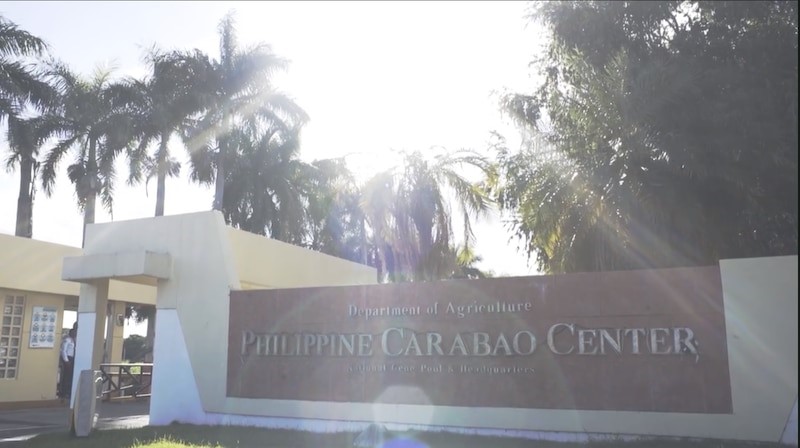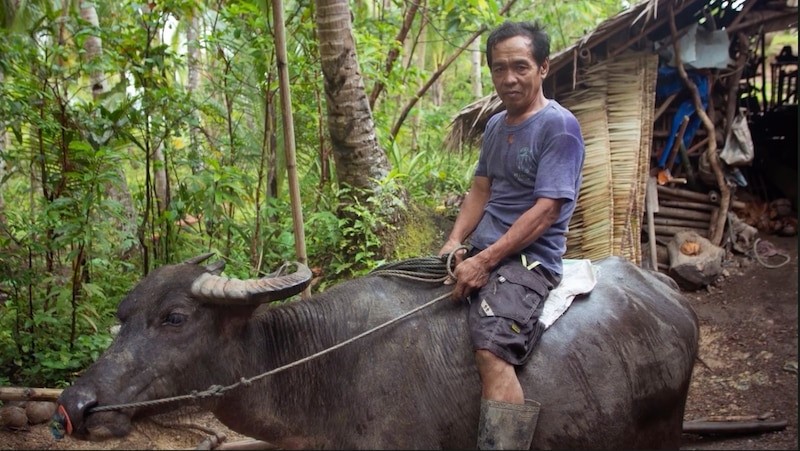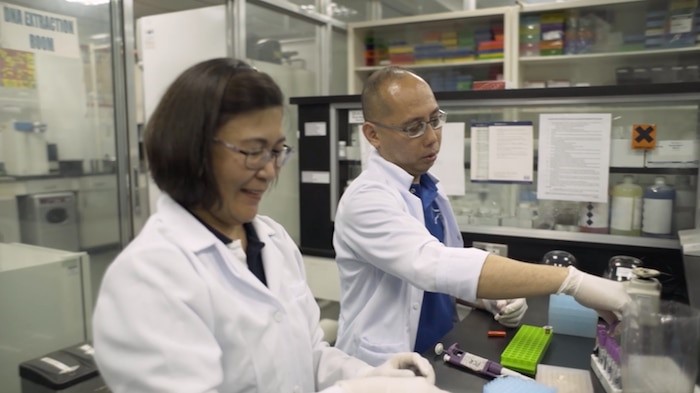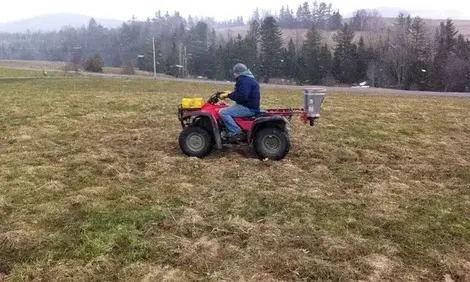



Improving and conserving the carabao population in the Philippines using the Applied Biosystems™ Axiom™ technology
The future of agriculture lies in diversity. Many parts of the world depend on crops and livestock different from those bred in the United States and Europe, and the agricultural sciences are finally catching up to that reality.In the Philippines, this means that the Philippine Carabao Center (PCC) have been able to overcome challenges in their breeding program with the use of the Applied Biosystems™ Axiom™ arrays.

The PCC is an operation of the Philippine Department of Agriculture and is devoted to improving the country’s water buffalo, known as the swamp buffalo or carabao (Bubalus bubalis carabanensis). These cattle are the most common beast of burden in the Philippines as well as other parts of southeast Asia and have been for millennia. Water buffaloes are better able to handle the wet, muddy conditions of much of the country than Eurasian cattle (genus Bos) and are especially well-suited for work in rice paddies. Carabao are also used for dairy and meat production in the Philippines and are critical to the well-being of the country’s numerous low-income farmers. The PCC is devoted to promoting, conserving and improving the potential of the country’s carabao, using the most modern methods available to make each successive generation of Philippine cattle better and more useful than its predecessors.
Working with carabao in the Philippines is more difficult than working with cattle in the US or Europe. As Dr Flores of the PCC puts it, “The traditional idea we have of large farms is actually not existent in Asia or even in the Philippines. What we have [are] small farmers with one, two, five, 10 buffaloes. We are talking about small numbers of animals, and that makes traditional progeny testing or breeding program implementation very difficult.” Many breed-management tools simply cannot be applied to these kinds of small populations. These small farmers and their communities do not have the wherewithal to pay for expensive genotyping tests on their own, least of all at the scale required for such scattered populations, but the PCC can collect this data for them.

Thermo Fisher Scientific’s Axiom™ Buffalo Genotyping Array was used with the Bubalus bubalis subspecies. This microarray was designed by the Microarrays Expert Design programme in collaboration with the Buffalo Genome Consortia, which included the Italian Fondazione Parco Tecnologico Padano in Italy, Iowa State University in the United States, and the Agricultural Research Service of the United States Department of Agriculture (USDA). Scientists from the PCC contributed to efforts to sequence the carabao genome, laying the groundwork for this sizable undertaking. This is the only commercially available SNP chip for buffalo, and the PCC put it to use to improve carabao stock in the country. In a genome-wide association study, Dr Flores, Dr Herrera and their team discovered several useful markers. “We were able to identify 16-18 SNPs that are associated with milk yield, fat yield, and protein yield,” explains Dr Herrera. The team also gained insight into the structure of the carabao population, in particular identifying which subsets show signs of interbreeding with the closely related river buffalo. This data will help bring carabao breeding to the level of sophistication seen in other bovine breeding operations around the world.

Dr Herrera describes the Axiom suite as very user-friendly and efficient, providing a speedy workflow that enables the PCC to collect information about many individual animals at once and process it quickly. In his report on the efficacy of the Axiom Buffalo Genotyping Array, Dr Herrera notes “the genotyping array will be useful for genomic studies in the four buffalo populations.” Their experience working with Thermo Fisher has been positive and they look forward to extending it in new directions. “We can apply what we learned with Thermo Fisher to other livestock species,” Dr Herrera notes, and there is no shortage of questions that Axiom tools can help answer in the Philippines.
This project was funded by the Philippine Council for Agriculture, Aquatic and Natural Resources Research and Development of the Department of Science and Technology (DOST-PCAARRD).
Click here for more information about how Thermo Fisher Scientific products can improve your animal genomics research.
For research use only. Not for use in diagnostic procedures.



